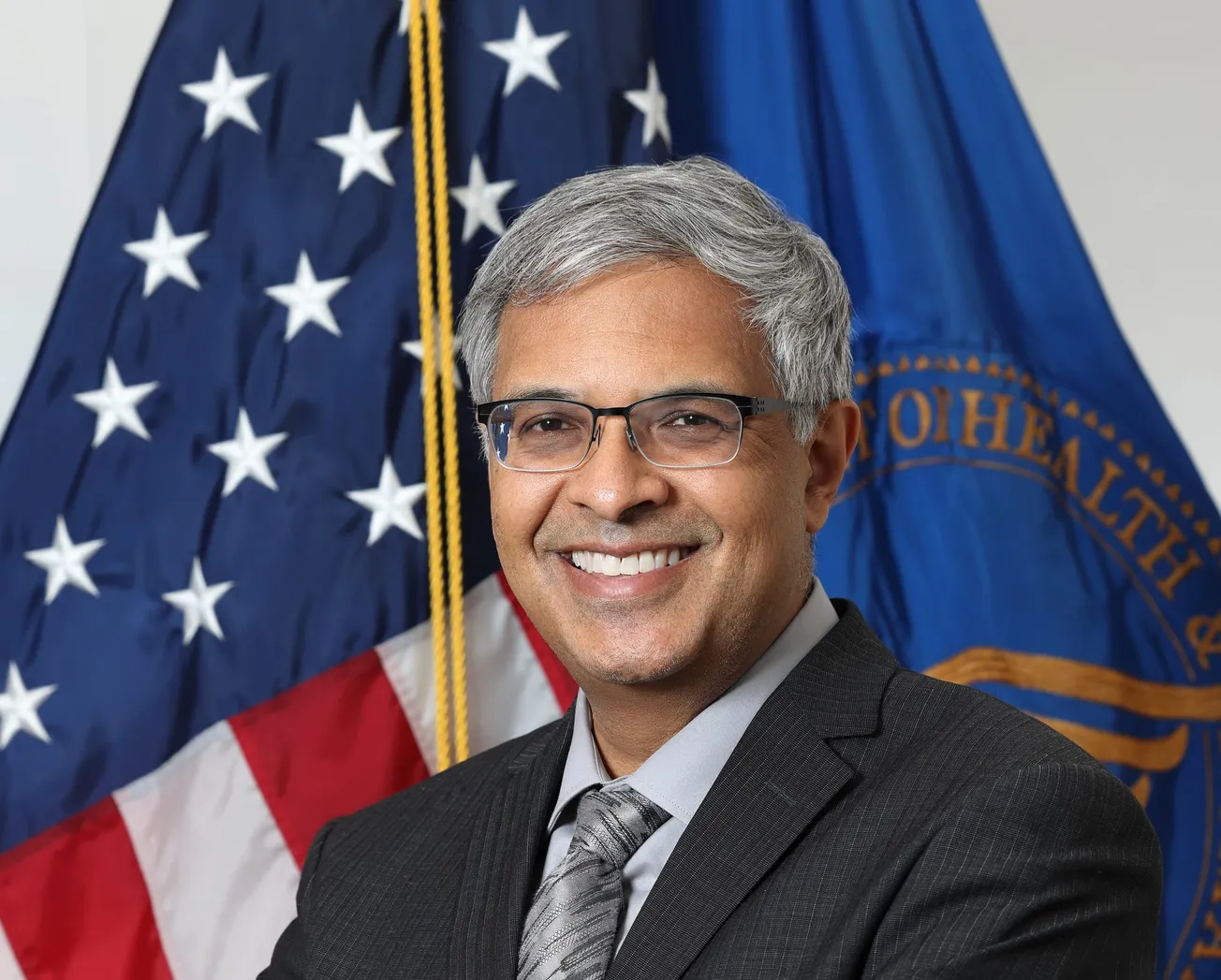
ARLINGTON, Va. – FMI president and CEO Leslie Sarasin says that the national conversation about food prices must be informed by data, rather than politics.
“Politicizing grocery prices for political gain is completely counterproductive to improving the accessibility and quality of food for all Americans,” Sarasin said in a statement.
“With the exception of a few notable outliers, such as a period of volatile energy spikes from 2007-2008 and the current post-COVID inflationary period, increases in average grocery prices have held steady between 1% and 4% since 2003. This is due, in part, to the fierce competition in food retail, which operates on a slim 2.3% net profit margin.
“There are a variety of external factors that impact costs at various stages of the supply chain that are beyond the control of food retailers, such as energy, labor and transportation. After a period of great volatility, we are now starting to see changes in some of these factors flow through to food pricing in 2024. The U.S. Department of Agriculture’s (USDA) own data predicts that food inflation will continue to slow in 2024, decreasing by a projected 0.4%, while restaurant food prices are anticipated to increase 4.7%.
“We welcome and encourage a national discussion about food prices and our food supply chain, but such a discussion must be informed by data rather than politics.”
Sarasin’s statement was issued in response to a report from a progressive group – the Groundwork Collaborative – regarding the price of food on grocery store shelves.









